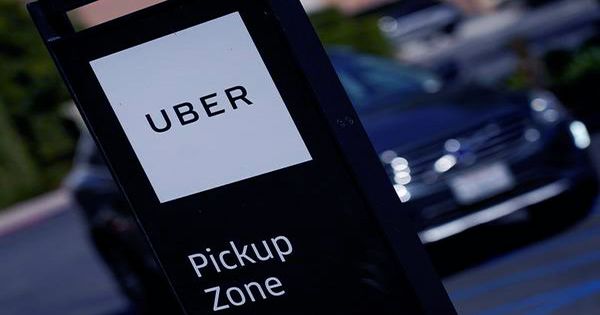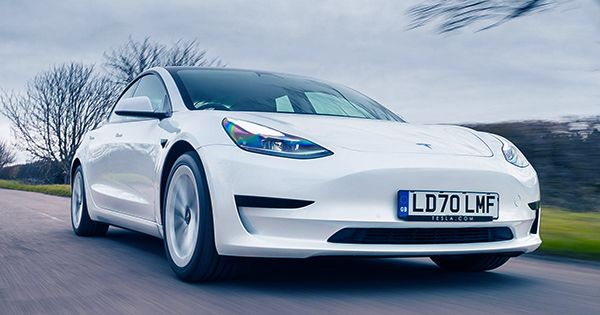Following a court judgement on Wednesday that extends a 2015 injunction prohibiting Uber’s p2p UberPop service to include professional drivers offering its ride-hailing service, Uber will cease its ride-hailing service in much of Belgium tomorrow. Uber informed us that it is reviewing the judgement in detail before deciding whether to appeal it to the country’s Supreme Court.
The decision comes after Uber’s service was suspended in Brussels in September, an action the tech giant described as “extraordinary and unusual,” claiming it was merely taking the measure to protest the lack of reform of laws prohibiting drivers from using cellphones. Private rental car drivers have also been blocking a key tunnel in Brussels following a judgement by the Brussels Appeal Court last week.
Laurent Slits, Uber’s country chief, attacked the Belgian government once again in a statement on Friday’s looming shutdown, writing; “This decision was made based on outdated regulations written in a time before smartphones, which the government has promised and failed to reform for the last seven years.” According to Bloomberg, which first reported on Uber’s closure, it will not affect a tiny number of drivers who are licensed in a Flemish section of the nation and so will be able to use the app.

Uber said that the decision of the Appeal Court solely applies to drivers with Brussels licenses. Slits went on to say that the tech giant is “extremely worried” about the 2,000 LVC license holders (aka rental car with driver permits) who would “lose their capacity to make profits [using Uber’s platform] starting Friday,” according to the statement.
The phrase “produce profits” relates to the fact that Uber does not directly employ drivers in Belgium; instead, they are classified as independent contractors. As a result, it cannot claim that 2,000 ‘jobs’ are on the verge of being lost because it does not give employment contracts to the LVC drivers in the issue.
“We encourage the government to reform the taxi and LVC sectors as soon as possible so that drivers may continue to support their families,” Slits added. The city of Brussels prohibited Uber drivers from accepting trips via cellphones and GPS in March.
Since then, Uber drivers in the city have been working in legal limbo, risking punishment if they continue to use the app. The business claims, however, that drivers have received inconsistent instructions, saying that officials occasionally advise them – in private — that they can continue driving.
Uber’s representative branded the government’s March directive “misleading,” noting that the government had promised a legal revision before the summer. According to Reuters, the Belgian government proposed a proposal to change the regulations in September. However, according to Uber, the language has yet to be seen in the whole industry. Uber said that revising the 1995 laws had significant support in Belgium, not just among LVC drivers who service consumers through its platform, but also among traditional taxi companies.
Local taxi companies in Brussels on the other hand, their own reform proposals and stated that they are interested in poaching Uber drivers to fill a driver deficit, A representative for the industry recently informed TaxiPro that the capital is short 600+ taxi drivers, which may be replaced by LVC holders who have been driving for Uber.
“The great advantage is that we give a solution to these Uber drivers,” Sam Bouchal told the newspaper in September, adding that the Uber drivers may be granted permanent employment and that “we’re bringing them out of illegality.” Bouchal also told TaxiPro that the cab industry wanted to prevent a “social slaughter,” as he put it.
















